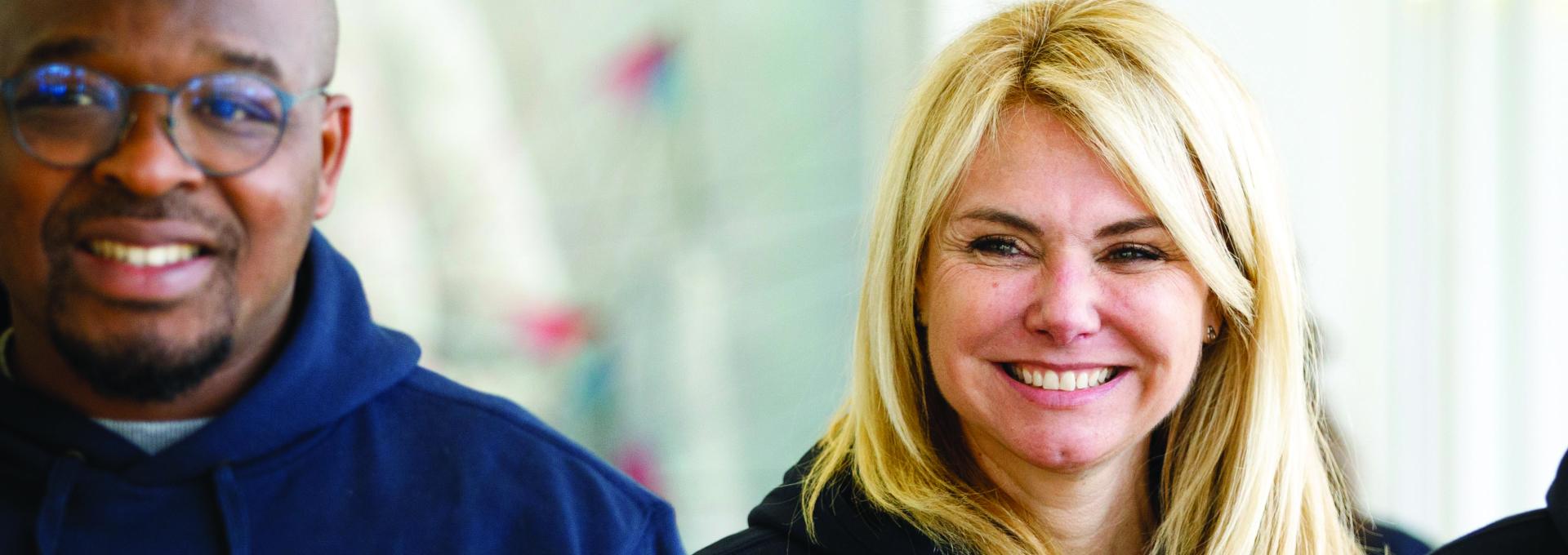A UNIQUE EXPERIENCE DESIGNED FOR SENIOR EXECUTIVES
The Executive Master is École Polytechnique's flagship degree program for senior executives.
Designed to address the challenges of international leadership, it serves as a true springboard to top executive positions, meeting the expectations of executive committees worldwide.
Technology, management, and leadership come together in this program, offering a deep dive into cutting-edge innovation across advanced research fields.
The modular and flexible format is structured to fit seamlessly into your professional schedule, enabling you to learn while continuing to work.
Open to professionals from all sectors and academic backgrounds (engineering, business schools, political science, etc.), this program is tailored for those who wish to understand innovation to better drive it forward.
Our upcoming events
Cocktail presentation dedicated to women leaders
Our next cocktail presentation for the Executive Master will be held at COMET Étoile (Paris) on Tuesday March 10th, 2026 at 7pm.
This event, dedicated to women, is an opportunity to talk to graduates, ask questions and discuss your project with our team.
Webinar presentation
Our next webinar presentation for the Executive Master will be held on Thursday April 23th, 2026 at 12pm.
This online event is an opportunity to talk to graduates, ask questions and discuss your project with our team.
TECHNOLOGY, INNOVATION MANAGEMENT & LEADERSHIP
Unlike a traditional Executive MBA (EMBA), the Executive Master at École Polytechnique is built on three core pillars: technology, innovation management, and leadership.
Our goal is to equip you with the tools needed to understand cutting-edge research and identify key technological trends that will play a crucial role in shaping the future.
With access to our 23 laboratories, some in partnership with the CNRS, the Executive Master provides an immersive experience at the heart of innovation, preparing you to tackle tomorrow's global challenges.
This program enables you to acquire robust skills across various technological fields, enhance your expertise in innovation management, and benefit from a personalized coaching journey to fully develop your leadership potential.
TECHNOLOGY
>> Quantum Technologies
>> Artificial Intelligence (AI)
>> Sustainable Development Goals (SDG)
>> Data Science
>> New Materials
>> New Energies
>> Biomimetics
>> Industry 4.0
>> Internet of Things (IoT)
>> ...
INNOVATION MANAGEMENT
>> Design Thinking
>> Creativity
>> Concept Development
>> Innovation Marketing
>> Project Management
>> Global Innovation Strategy
>> Innovation Financing
>> Entrepreneurship
>> Regulation
>> ...
LEADERSHIP
>> Negotiation
>> Individual Coaching
>> Group Coaching
>> Organizational Management
>> Crisis Management
>> Change Management
>> Intercultural Management
>> Communication
>> ...
A format designed for senior executives
This program is not intended to produce purely technical experts. The curriculum goes beyond scientific and theoretical content. While fundamental technical concepts are covered, the focus is on practical application through case studies, interactive workshops, and testimonials. The aim is to make learning immediately actionable and tailored to the challenges of companies and institutions.
COURSES, CONFERENCES, DISCUSSIONS, VISITS
To build a solid theoretical foundation, courses take the form of conferences, debates, expert testimonials, and visits to labs, incubators, companies, museums, and more.
TEAM
PROJECT
A cornerstone of the program, the Team Project enables participants to apply their learning to a concrete initiative (creation, acceleration, incubation, excubation, etc.).
SOTA
Report
The State Of The Art (SOTA) Report is an individual project in which your create a cutting-edge technological synthesis of your choice throughout the program.
>> Discover a selection of alumni SOTA (State of the Art) Reports!
COACHING & DEVELOPPEMENT
To enhance leadership skills, you benefit from a tailored journey throughout the program, combining coaching sessions and specialized conferences designed to meet the needs of modern teams.
DIVERSITY OF PARTICIPANTS
Fostering responsible leaders ready to tackle tomorrow's societal and environmental challenges has been at the core of École Polytechnique's mission for over 200 years. Diversity is central to our recruitment process.
Our cohorts comprise engineers, business professionals, leaders of large corporations, start-up founders, as well as politicians, researchers, doctors, and lawyers. This approach brings together participants with complementary skills in cohorts limited to 36 individuals. This structure encourages team spirit and creates an environment conducive to synergies and meaningful exchanges.
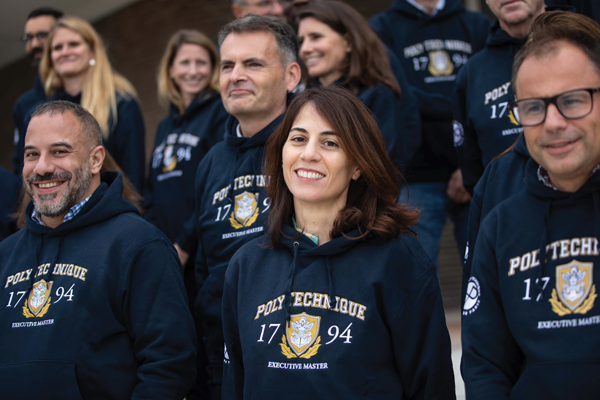
A PRESTIGIOUS ACADEMIC FACULTY
École Polytechnique is a bicentennial institution recognized globally for its research laboratories and the scientists behind them.
To provide direct access to cutting-edge research, we invite those conducting it to present their work to you. Courses are delivered by world-renowned research professors from École Polytechnique laboratories.
The Executive Master also features distinguished lecturers, including Nobel Prize laureates, CNRS medalists, and numerous chair directors - an important distinction from most other Executive Education programs.
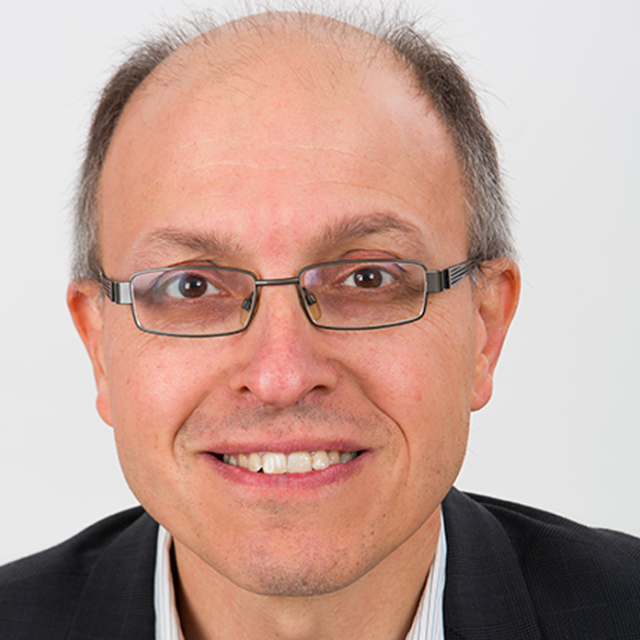
CNRS Research Director and Professor of Mechanics and Biology at École Polytechnique, Head of the AXA Cardiovascular Cellular Engineering chair.
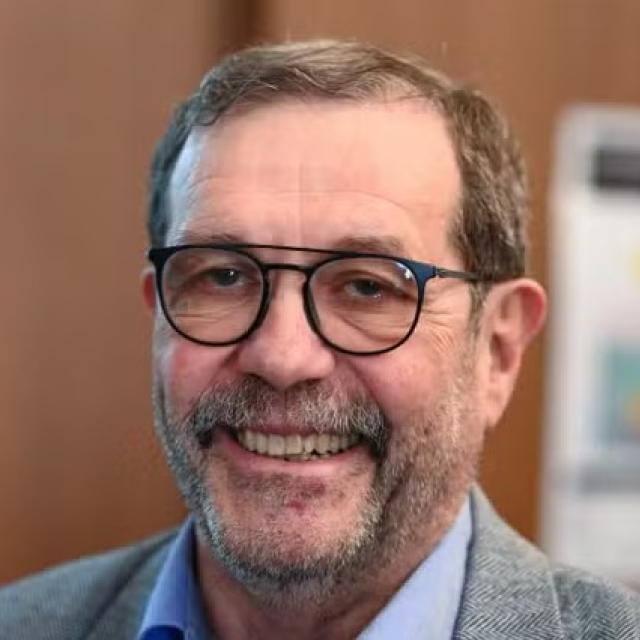
Co-recipient of the Nobel Prize in Physics 2022. This Nobel Prize rewards his discoveries and underlines the excellence of education in Physics at l'X.
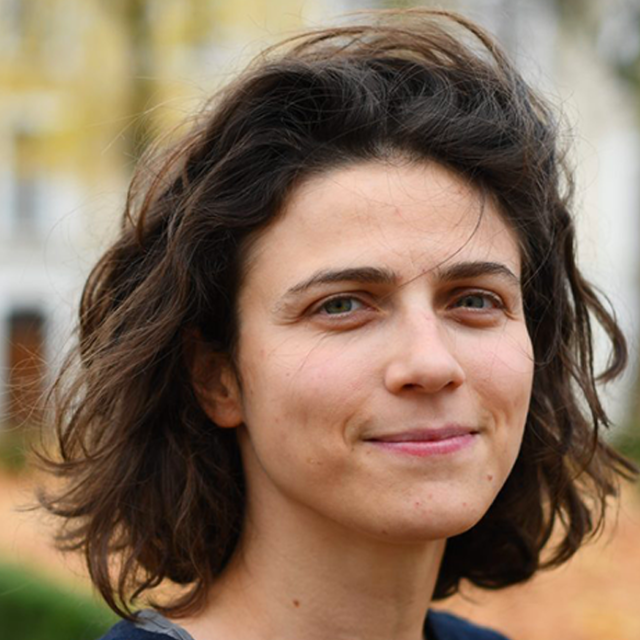
CEO of Ceebios (European Center of Excellence in biomimetics), Physico-Chemical Engineer and Doctor in Neuroscience from UPMC.
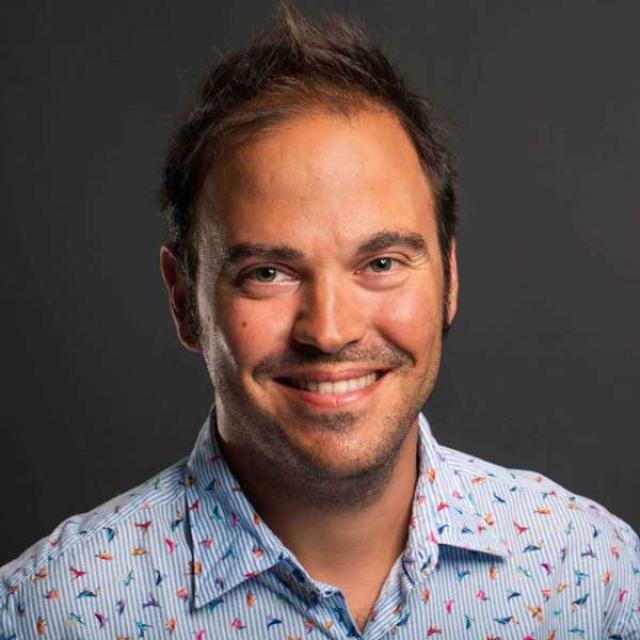
Professor and researcher of quantum physics at PMC, École Polytechnique.
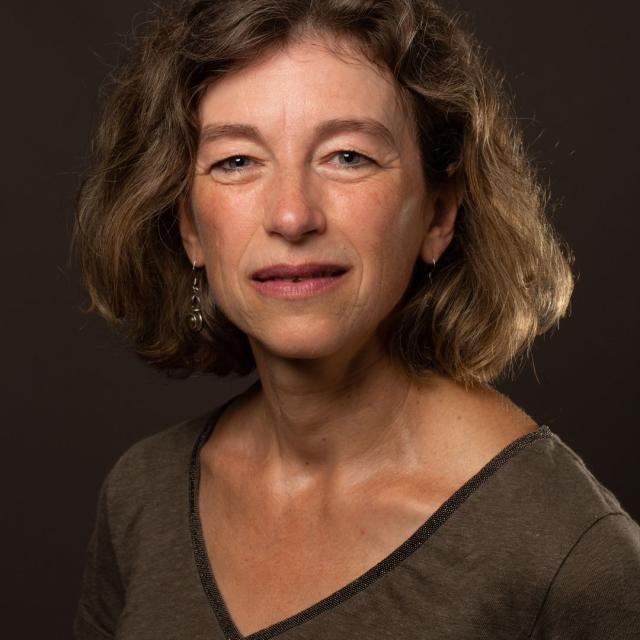
Professor at the Ecole Polytechnique and member of the Academy of Sciences, Marie-Paule Cani is a researcher in 3D computer graphics. A specialist in the generation and control of animated virtual worlds, her solutions combine expressive interfaces, a priori knowledge and lightweight learning.
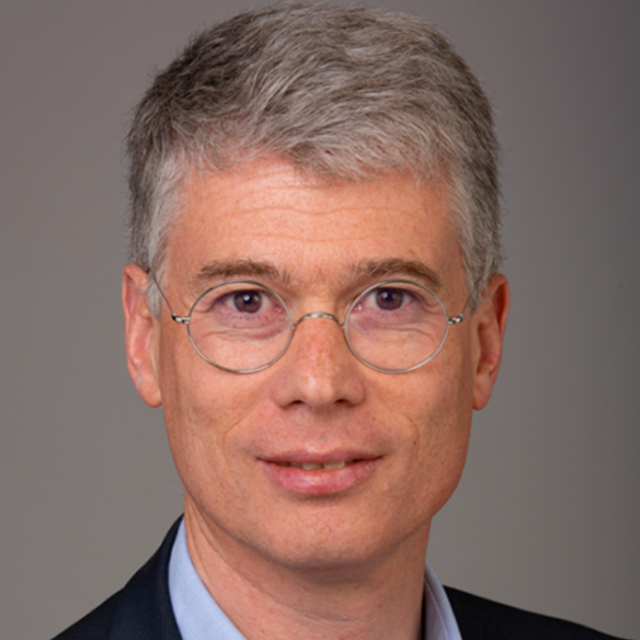
Director of the Dynamic Meteorology Laboratory, CNRS Research Director, Director of the “Energy4Climate” chair and Professor at École Polytechnique.
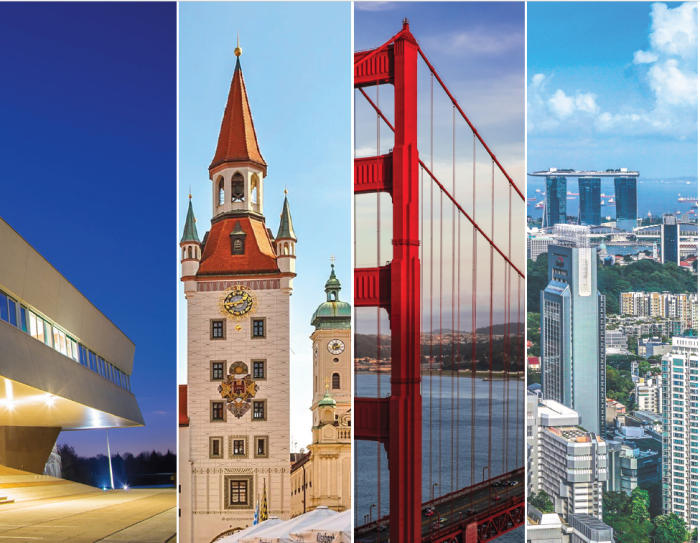
A PROGRAM WITH AN INTERNATIONAL FOCUS
The international dimension of the Executive Master is another major strength and begins as soon as you arrive on campus, which hosts students, researchers, and entrepreneurs from around the world. Joining the Executive Master connects you to an international network of leaders and experts for collaboration during and after the program.
École Polytechnique also leverages its network of world-renowned university partners to offer modules in France and abroad.
Past cohorts have explored entrepreneurship and mobility at UC Berkeley, AI at Columbia, aeronautics and NewSpace challenges at ISAE SupAéro, Industry 4.0 at TUM (Munich), and digitalization in Singapore at SMU.
APPLICATION PROCESS
1. INTERVIEW WITH THE ADMISSIONS TEAM
The first stage of the application process is an interview with our admissions team. If all the requirements are met, you will be granted access to the online application portal.
2. APPLICATIONS
The application portal allows you to put together your written application providing details of your project and motivation. If your application is approved by the selection panel, you will be invited to an interview.
3. INTERVIEW WITH
THE SELECTION PANEL
The aim of this interview is to discuss your project.
The panel will then decide on whether to accept your application.
THE BROCHURE
Download the program brochure to learn more and discover the calendar for the next Executive Master cohort
Alumni Network
Dive into the inspiring journeys of our alumni and discover, through their testimonials, how our program has boosted their careers.
SOTA Report
Stay ahead with cutting-edge technical knowledge in your field—explore these expert insights and syntheses crafted by our alumni.
